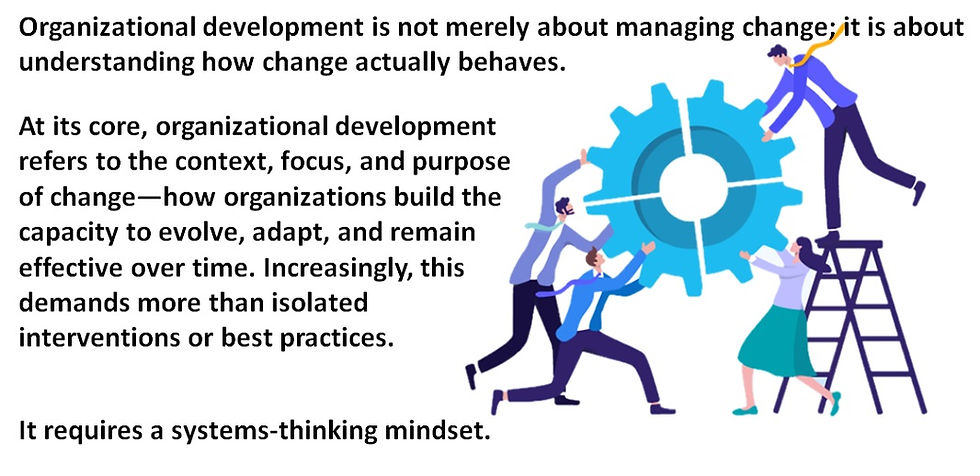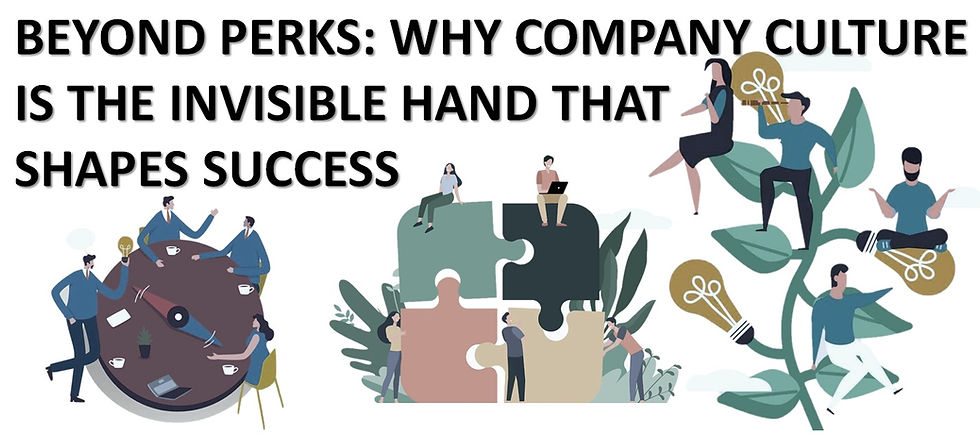PROBLEM SOLVING: BEHAVIOURS IN LEADERSHIP
- shoury01
- Jun 13, 2023
- 6 min read

Leadership is the ability to inspire, influence, and guide others towards achieving a common goal. Effective leadership requires strong problem-solving skills, as leaders need to be able to identify and solve complex problems to drive their teams towards success. Problem-solving provides us those mechanisms of recognizing things, comprehending why they need to be fixed, and determining a course for the action to improve them. They help organizations and individuals to control the environment.
What Are Problem Solving Skills?
Problem-solving skills enable you to determine the problems promptly and efficiently. Problem-solving abilities require quickly determining the underlying problem and implementing a solution. Problem-solving is regarded as having a personal strength rather than a skill that is acquired or learned through coaching or training. You can enhance your problem-solving skills by getting to know the common problems in business and learning from more experienced or qualified people.
Problem-solving skills examples

Research: . . . . . . . . . . Researching is a basic skill associated with problem-solving. As a problem solver, we are required to be able to identify the root of the problem and know it completely. We can start to collect more information about a problem by brainstorming with other team members, asking more qualified colleagues, or gaining knowledge through online research or courses.
Analysis: . . . . . . . . . . This is another very important step to solving the problem in any situation. Our searching abilities will enable you to understand problems and efficiently produce solutions. We will also require analytical abilities during research to help differentiate between effective and ineffective solutions.
Decision-making: . . . . . . . . . . We will want to make a decision about how to resolve the issues that occur. At times, we may be prepared to make a decision immediately. Reliable research and analytical abilities can benefit those who have less experience in their profession. There may also be moments when it is suitable to take some time to craft a solution or escalate the problem to someone more competent in solving it.
Communication: . . . . . . . . . . When knowing probable solutions, we will want to know how to interact, share and seek help on the problem with others. We will also be required to know what communication ways are the most suitable when attempting this. Once we get a solution, communicating it clearly will help overcome any complexity and make implementing a solution more accessible.
Dependability: . . . . . . . . . . Dependability is one of the most valuable skills for problem-solvers. Solving problems at the right time is important. People highly appreciate individuals they can trust to both identify and then implement solutions as quickly and efficiently as possible.
Behavioral problem-solving skills.
There are some important behavioral skills that problem solvers usually own. These include:

If we come out of our comfort zone when seeking to have a solution to a possible problem and doubt our problem-solving skill, there are lots of methods to develop these. While some people are natural problem-solvers, others may struggle with this skill. However, with the right mindset and approach, anyone can develop effective problem-solving behaviors.
Positive Mindset: . . . One of the essential problem-solving behaviors is a positive mindset. Having a positive attitude helps us approach challenges with an open mind, creativity, and determination. Instead of being overwhelmed by a problem, we can view it as an opportunity to learn, grow and improve. A positive attitude also helps maintain focus and motivation, even in the face of setbacks or obstacles.
Analytical Thinking: . . . This involves breaking down complex problems into smaller, more manageable components, identifying patterns and relationships, and developing logical solutions. Analytical thinking helps us approach a problem systematically and objectively, reducing the likelihood of making hasty or emotional decisions.

Creativity: . . . Creativity allows us to think outside the box and come up with innovative solutions. By approaching problems from different perspectives and exploring new ideas, we can develop unique solutions that others may not have considered.
Collaboration: . . . Collaboration is a problem-solving behavior that involves working with others to identify and solve problems. By involving others, we can gain different perspectives, insights, and experiences that can help develop more effective solutions. Collaborating with others also promotes teamwork, communication, and mutual respect, which are essential for success in any area of life.
Continuous Improvement: . . . Finally, continuous improvement is a problem-solving behavior that involves learning from our mistakes and striving to do better. By evaluating the outcomes of our solutions, we can identify areas for improvement and develop strategies to avoid similar problems in the future. Continuous improvement also helps to stay adaptable and responsive to changing circumstances, enabling us to navigate new challenges with confidence.

An Example
As part of its strategy to adapt to pandemic times, Walmart began studying changes that can be brought about to the way the stores are managed. The company is researching on the feasibility of introducing a new team-based operating model which may include the following:
a) Cross-training small teams of associates, who can then better offer support during busy shifts or for associates who take time off
b) New leadership roles, both at the salaried and hourly level
c) A new pay structure and higher pay for team leads
The previous position of "co-manager" has now become the "store lead," who is responsible for the store when the manager is away. The "assistant manager" role has become the "coach," who is responsible for financials, merchandising, staffing, and talent for a large area of the store. And "department managers" are now known as "team leads," whose responsibilities include setting goals and priorities for small teams of associates. This basic blueprint is one that is founded on sound business strategy and emotional intelligence. The takeaways are:
A) People over tasks: . . . . . . . . . . On close analysis, we see how Walmart has approached this. The company's new "team lead" position, which now takes the place of the former "department manager": These associates will lead and develop people, rather than focusing on completing tasks, giving associates a more direct connection to leadership.
Bad managers typically spend most of their time putting out fires and use their people to do the same. They go from one crisis to another and seem to always be behind the curve.
In contrast, great managers take more of a leadership role. They focus on developing people instead of managing tasks. They help their people to think critically, teaching principles instead of rules. Then, they give their people the freedom to make decisions, and even to make mistakes--knowing that those mistakes can be turned into major learning opportunities. As a result, they develop people who make good decisions, and help prepare them for greater responsibility in the future.
B) Breadth over depth : . . . . . . . . . . Another interesting value lies in the description of Walmart's previous role of ‘assistant store manager’ versus its new role of ‘coach’:
a) Assistant store manager: Responsible for merchandising plans for their specific area
b) Coach: Responsible for financials, merchandising, staffing, and talent for a larger area
In the new role, coaches have a much broader area of responsibility. Some may see this type of increase in scope as overwhelming, but it has great potential for helping company leaders: Instead of getting trapped in silos or developing a limited perspective, such leaders are gradually trained to see the big picture. They begin to think more critically, to understand how different areas of the business relate to each other--and how to use resources in one area to solve problems in another.
C) Don't just tell. Show. : . . . . . . . . . . Walmart praises employees for their work during the pandemic. But those words of appreciation are made more effective by Walmart's promise to increase pay for around 165,000 hourly associates. Sincere and specific words of praise can go a long way in keeping your employees motivated. But what will do an even better job is sincere and specific praise that's backed up--with a reward for their efforts.
Problem-solving behaviors are critical to effective leadership. Leaders who can identify, analyze, develop, implement, and evaluate solutions to complex problems are more likely to achieve their goals and lead their teams towards success. By consistently exhibiting these problem-solving behaviors, leaders can create a culture of innovation and continuous improvement that benefits everyone in their organization.

Content Curated By: Dr Shoury Kuttappa.






Comments